Keywords: Wage Inequality
There are more than 24 results, only the first 24 are displayed here.
Become a subscriber for more search results.
-
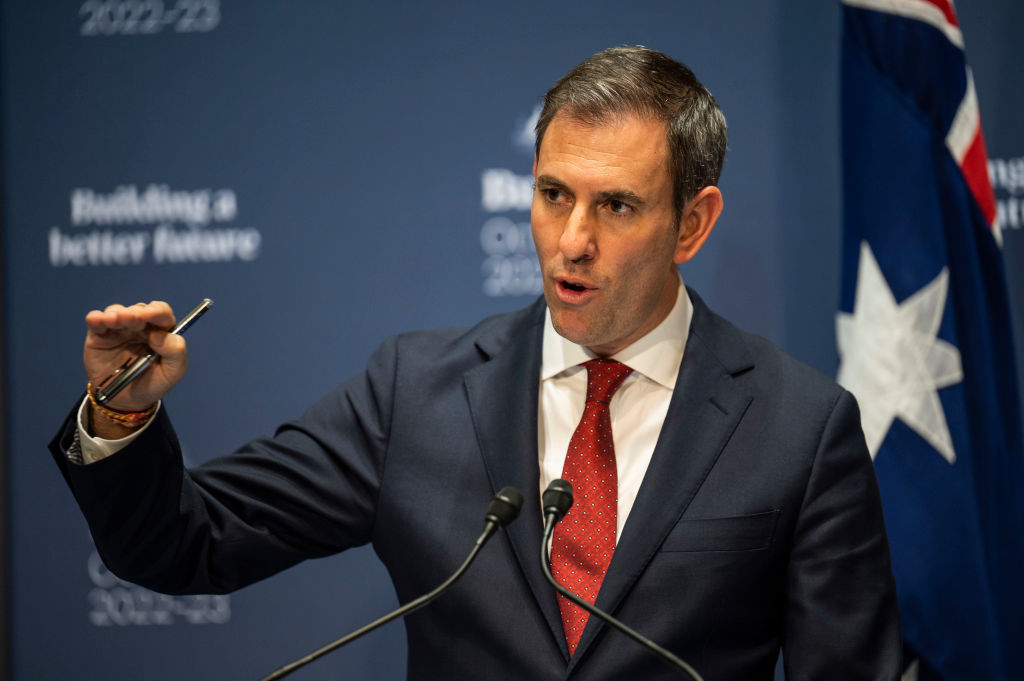
AUSTRALIA
- John Falzon
- 31 October 2022
3 Comments
In the first Chalmers budget we see a firm, albeit modest, assertion of the role of government in the long-term project of exiting the dismal and destructive era of neoliberalism and incrementally creating, in its place, a society where we have the collective resources to care for eachother, our planet and ourselves.
READ MORE 
-
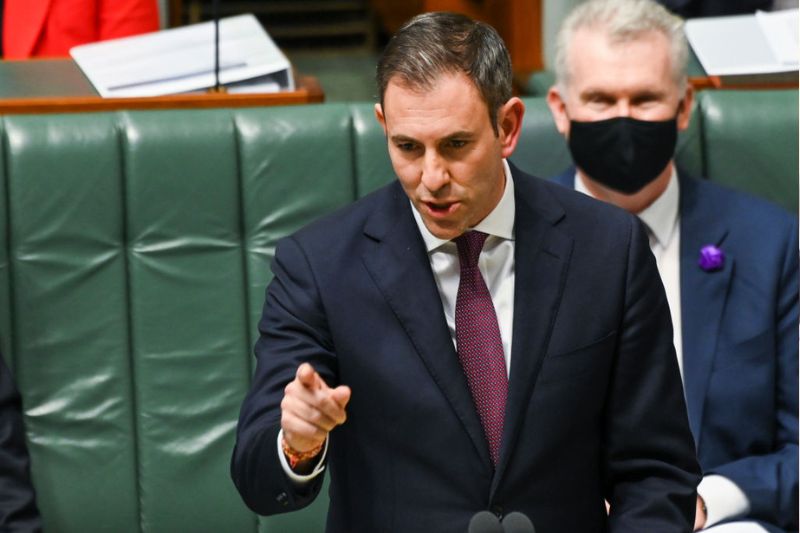
AUSTRALIA
- John Falzon
- 29 August 2022
2 Comments
While the Jobs Summit does not signal the end of neoliberalism, it does signal a political willingness by the Albanese government to begin an inclusive, deliberative process for healing some of the wounds that have been inflicted on ordinary people through the accumulation of superprofits on the one hand and cuts to real wages and the dismantling of social infrastructure on the other.
READ MORE 
-

AUSTRALIA
- Francis Sullivan
- 20 June 2022
1 Comment
Despite last week’s decision by the Fair Work Commission to push up the national minimum wage by 5.2 percent, millions of Australians, in all parts of the country, will continue to live in poverty and on survival wages. The facts are that the Commission’s decision takes the minimum wage from $772 a week to $812, an increase of $5.70 a day, not a fortune but better than nothing.
READ MORE 
-
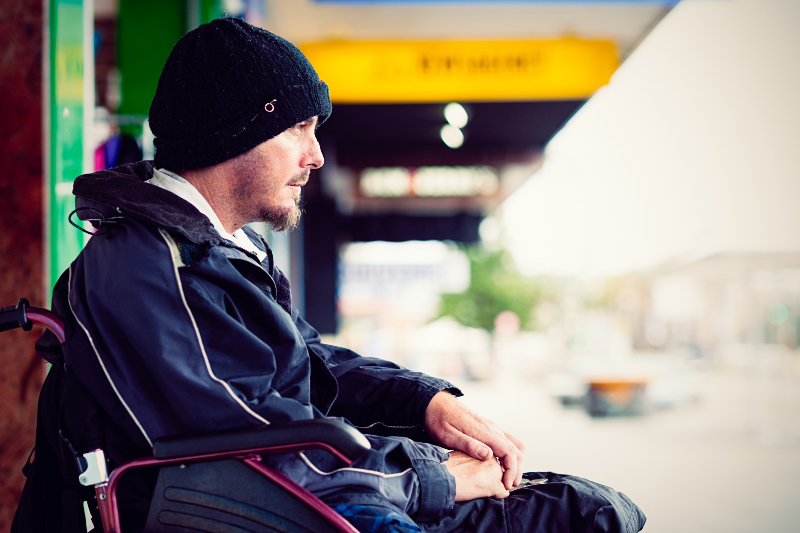
AUSTRALIA
- Claire Victory
- 19 May 2022
1 Comment
There is an Australia that many people seldom encounter and its citizens number in the millions. These citizens live in all cities and regional towns, often in sub-standard yet costly housing, and struggle to survive week to week on low wages or inadequate government assistance.
READ MORE 
-
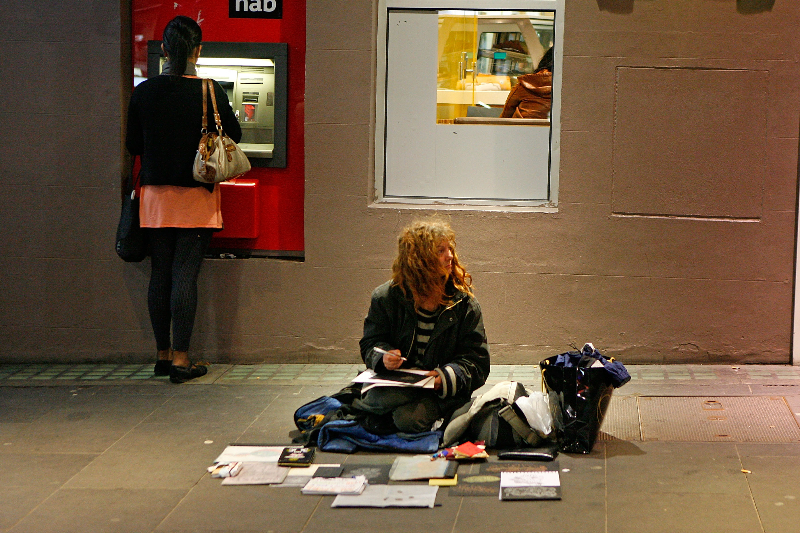
ECONOMICS
- John Falzon
- 04 January 2022
7 Comments
When you put rising housing costs alongside stagnating wages, an alarming trend in normalising insecure work, persistent unemployment and underemployment, and statutory incomes that are going backwards in real terms, there’s good reason to be deeply worried about an increase in homelessness.
READ MORE
-

ECONOMICS
- John Falzon
- 10 August 2021
13 Comments
When you put rising housing costs alongside stagnating wages, an alarming trend in normalising insecure work, persistent unemployment and underemployment, and statutory incomes that are going backwards in real terms, there’s good reason to be deeply worried about an increase in homelessness.
READ MORE 
-

AUSTRALIA
- Cristy Clark
- 13 July 2021
16 Comments
Although there has been a reasonable level of attention paid to governance issues — such as the incredibly slow vaccine roll out, the ongoing problems with hotel quarantine, and the timing of the lockdown itself — Sydney’s current lockdown has also been marked by an unhelpful focus on individual actions.
READ MORE 
-

ECONOMICS
Our economy is 1.1 per cent larger than a year ago. Yet, as the situation in Victoria reminded us, none of us are safe unless all of us are safe. And we cannot be safe while work remains increasingly insecure, while social security payments are inadequate and while our public infrastructure is found wanting.
READ MORE 
-
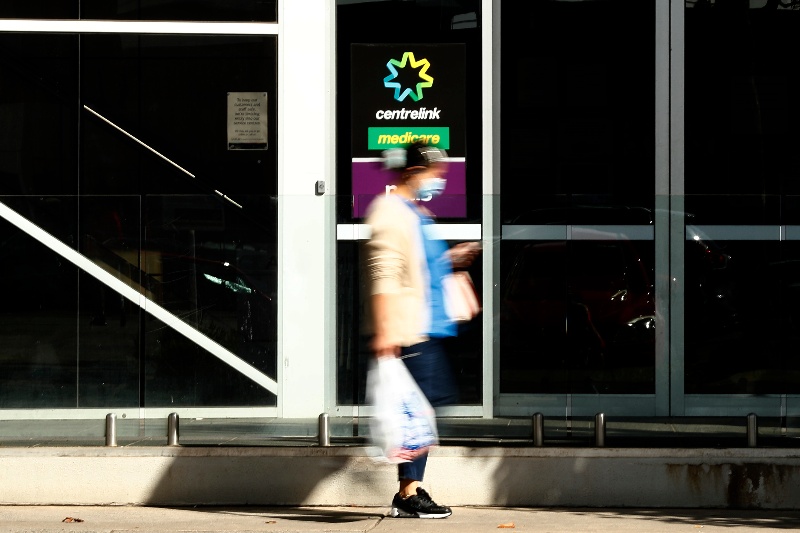
AUSTRALIA
- Ursula Stephens
- 01 April 2021
1 Comment
At the beginning of the Covid-19 pandemic, the government reassured Australia ‘We’re all in this together’ but the truth is that the end of JobKeeper and the Coronavirus supplement payments will leave more than 2.6 million people in poverty.
READ MORE 
-

FAITH DOING JUSTICE
- Julian Butler
- 11 February 2021
4 Comments
The size and spread of government payments in past 12 months has held steady, and to some extent, improved the circumstances of many on low incomes or government support. The withdrawal of that support risks returning many to payments that do not provide for basic human needs.
READ MORE 
-

ECONOMICS
- Andrew Hamilton
- 13 August 2020
6 Comments
Amid the disruption of predictable life wrought by the coronavirus, governments have focused on jobs. Jobs lost in the response to the virus, and jobs created as we emerge from the crisis. The focus is worthy — behind each job lost is a person whose life has become anxious and uncertain. The language, however, is concerning. Defining the challenge as one of creating jobs expresses an understanding of work, the inadequacy of which the coronavirus has laid bare.
READ MORE 
-

ENVIRONMENT
But just as the frighteningly precarious nature of our lives has been thoroughly exposed, so too has the inequality of it all. Even in a pandemic, we aren't all suffering equally. Even in a pandemic, structures of privilege continue to operate.
READ MORE 